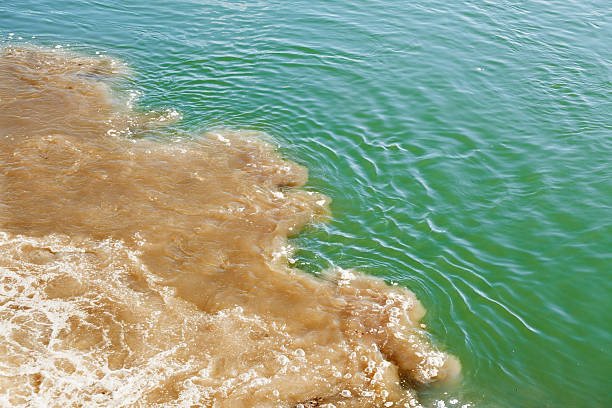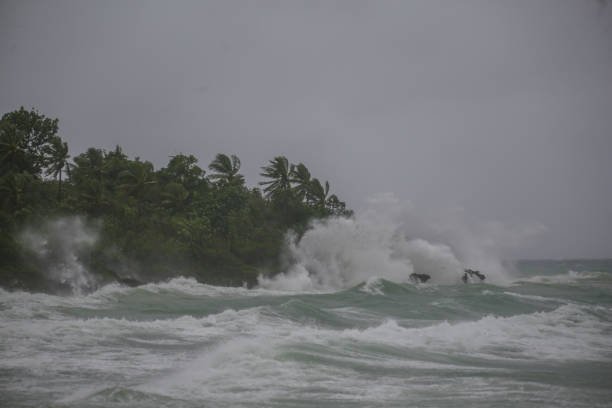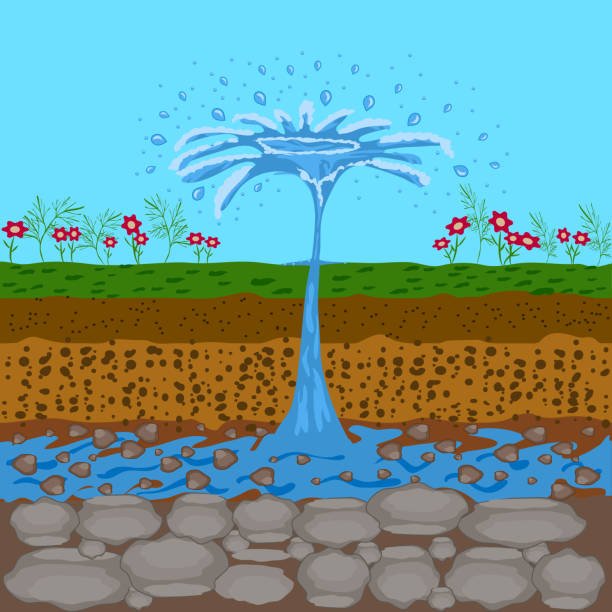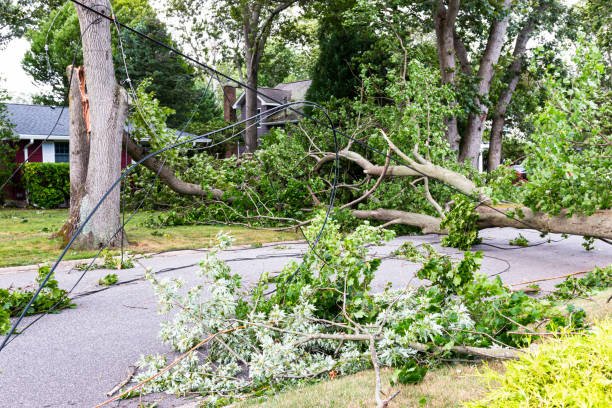The Impact of Lack of Access to Clean Water in South Africa:
The Impact of Lack of Access to Clean Water in South Africa
Access to clean water is a basic human right and an essential prerequisite for public health, economic development, and overall well-being. However, in South Africa, a significant portion of the population still faces challenges in accessing clean and safe water. This article explores the multifaceted impact of the lack of access to clean water in South Africa.
- Health Implications: The absence of clean water has severe health implications for communities in South Africa. Without access to safe water sources, people are forced to rely on contaminated water from rivers, streams, or unsafe wells, leading to the spread of waterborne diseases such as cholera, typhoid, and diarrheal illnesses. These diseases disproportionately affect children and can lead to malnutrition, stunted growth, and even death.
- Sanitation Challenges: Lack of access to clean water often goes hand-in-hand with inadequate sanitation facilities. Without clean water for proper hygiene practices like handwashing, communities face increased risks of infections and the spread of diseases. Inadequate sanitation facilities, coupled with contaminated water sources, contribute to poor sanitation and hygiene practices, exacerbating health issues and compromising dignity.
- Educational Impact: The lack of access to clean water adversely affects education, particularly for children. Schools without proper water and sanitation facilities struggle to provide a safe and healthy learning environment. The time spent by children, especially girls, on fetching water from distant sources impacts their ability to attend school regularly. Additionally, the absence of clean water and sanitation facilities in schools can lead to increased absenteeism due to illnesses.
- Economic and Productivity Consequences: Insufficient access to clean water hampers economic development and productivity. In communities where water is scarce or contaminated, individuals spend considerable time and effort collecting water, reducing their ability to engage in income-generating activities or attend school. Lack of clean water in agricultural areas affects crop production and livestock rearing, leading to decreased agricultural productivity and economic losses.
- Gender Inequality: Women and girls are disproportionately affected by the lack of access to clean water. They often bear the responsibility of collecting water for their households, which can involve long and arduous journeys, compromising their safety and limiting their opportunities for education and economic empowerment. Furthermore, inadequate sanitation facilities, particularly in schools, can lead to girls missing school during menstruation, perpetuating gender inequalities in education.
Real-life examples
Real-life examples of the impact of the lack of access to clean water in South Africa:
- The Cape Town Water Crisis: From 2015 to 2018, Cape Town experienced a severe water crisis due to a prolonged drought. The city faced the prospect of “Day Zero,” where water taps would be turned off, and residents would have to queue for limited water supplies. The lack of access to clean water had a significant impact on daily life, including sanitation issues, hygiene concerns, and disruptions to businesses and tourism.
- Rural Communities in the Eastern Cape: Many rural communities in the Eastern Cape province of South Africa face ongoing challenges related to the lack of access to clean water. Some communities rely on unprotected springs or contaminated water sources, leading to waterborne diseases and health issues. Women and children often bear the burden of walking long distances to fetch water, impacting their education and overall well-being.
- Informal Settlements and Townships: Informal settlements and townships in South Africa, such as those in Johannesburg and Durban, often lack access to clean water and proper sanitation facilities. Limited or no access to clean water poses health risks, increases the prevalence of waterborne diseases, and perpetuates inequality and social injustices.
- Polluted Rivers and Damaged Ecosystems: The pollution of rivers and ecosystems due to mining activities, agricultural runoff, and inadequate waste management affects the availability of clean water. For example, the Vaal River, which supplies water to several major cities, has faced pollution issues from industrial discharges and inadequate sewage treatment, leading to concerns about water quality and public health.
- Schools and Educational Institutions: Some schools and educational institutions in South Africa lack access to clean water, which affects students’ health and well-being. Inadequate sanitation facilities and limited access to clean water undermine the learning environment and contribute to absenteeism and the spread of waterborne diseases.
These real-life examples illustrate the detrimental effects of the lack of access to clean water in South Africa. They highlight the urgent need for improved water infrastructure, better water management practices, and equitable distribution of water resources to ensure that all South Africans have access to safe and clean water for their daily needs. Addressing these challenges is essential for promoting health, reducing inequality, and achieving sustainable development in the country.
Conclusion
The lack of access to clean water in South Africa has far-reaching consequences for health, sanitation, education, economy, and gender equality. Addressing this issue requires concerted efforts from the government, communities, and other stakeholders. It is crucial to invest in infrastructure development, water treatment systems, and sanitation facilities to ensure that all South Africans have access to clean and safe water. Additionally, promoting water conservation practices, raising awareness about hygiene, and providing education on proper water management can contribute to long-term solutions. By addressing the water crisis, South Africa can pave the way for improved public health, enhanced educational opportunities, and sustainable economic growth for all its citizens.






